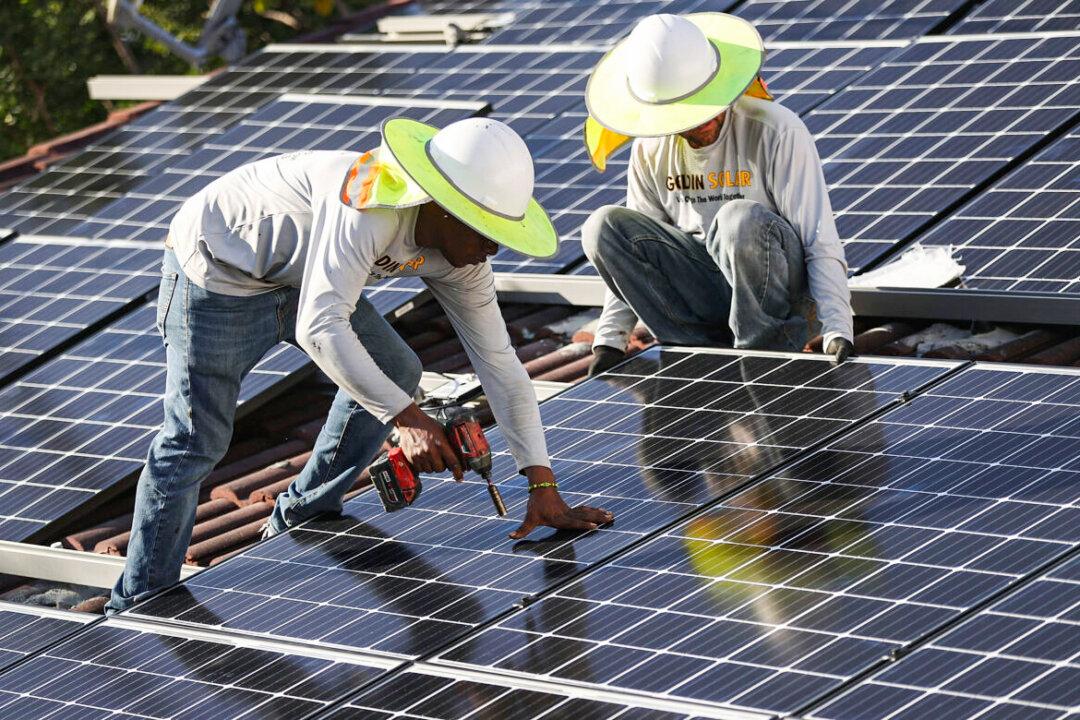Converting your home to solar energy can help you save money in the long run. With the right equipment, solar panels are powerful enough to free you from dependency on the grid. They offer a source of renewable energy that is readily available in most places.
Cost of Solar Panel Installation
The average solar panel installation cost is about $16,000, Forbes says, but smaller systems could be as low as $5,000. It is important to remember that you must also buy a battery-charging system to power your home on cloudy days and at night.Most people can recover their initial cost in five to 15 years. If you can take advantage of ongoing incentive payments, it will take less time. Other factors include the quality of the equipment and whether you choose to pay cash or take out a loan for it.






